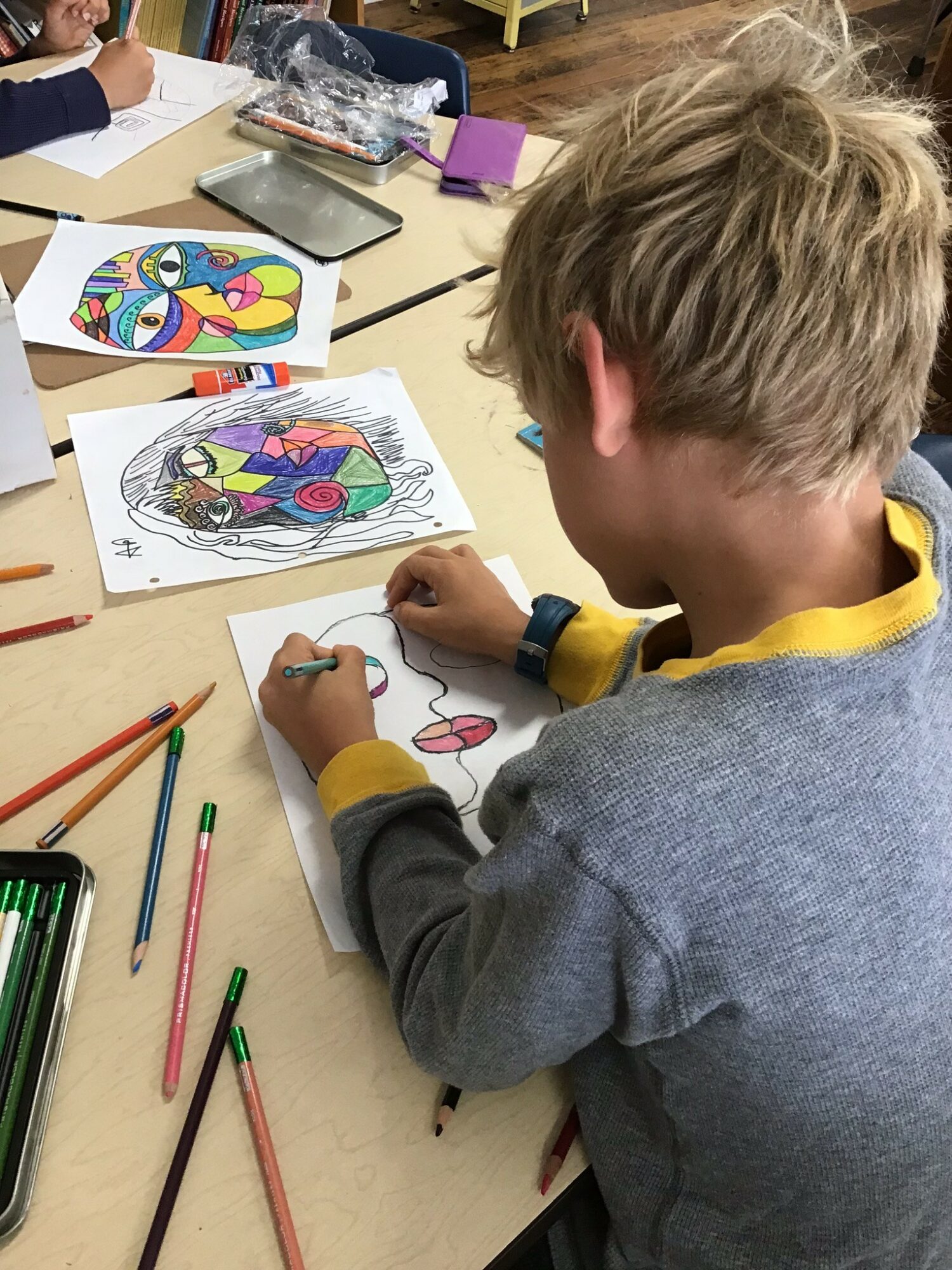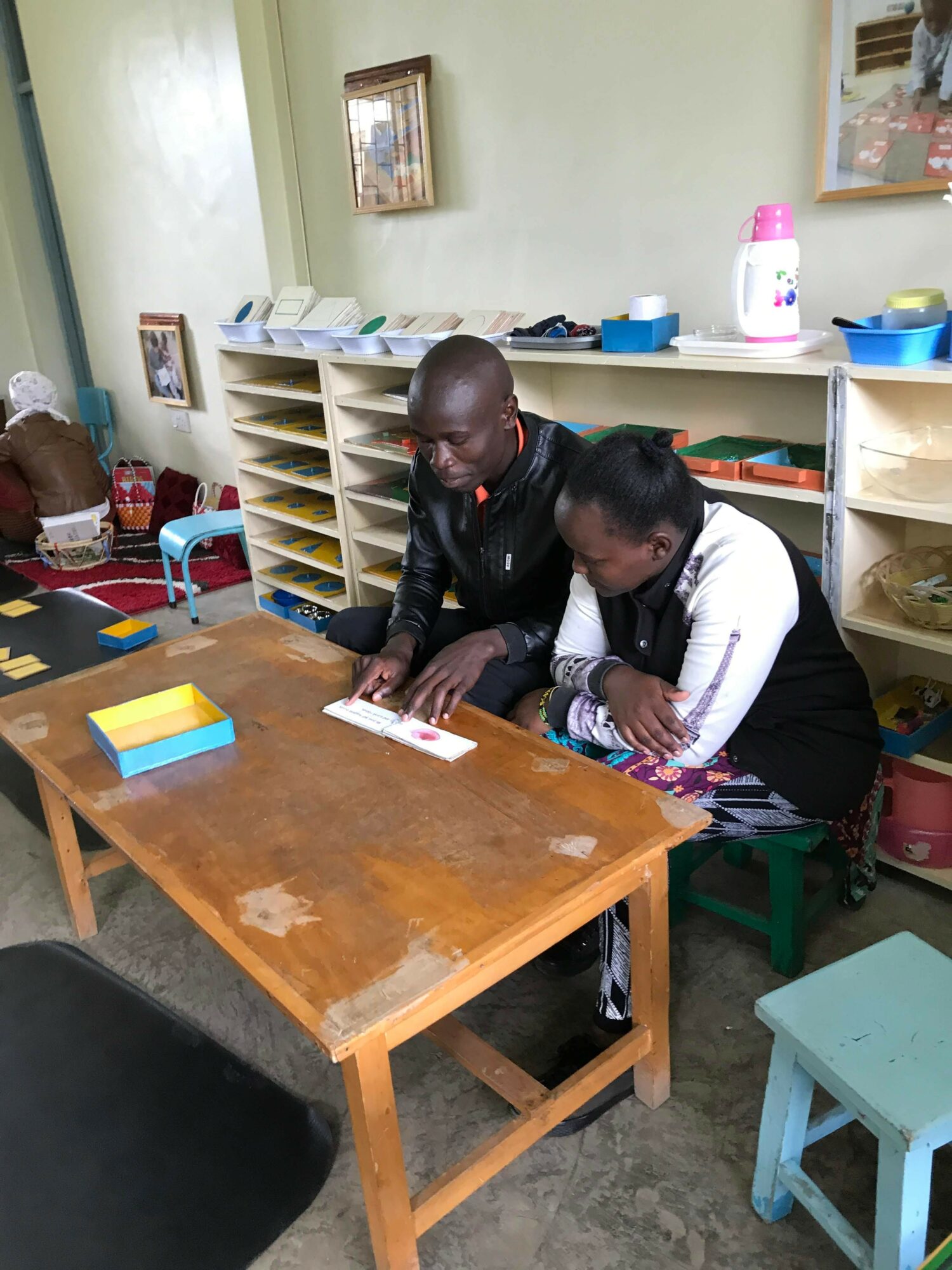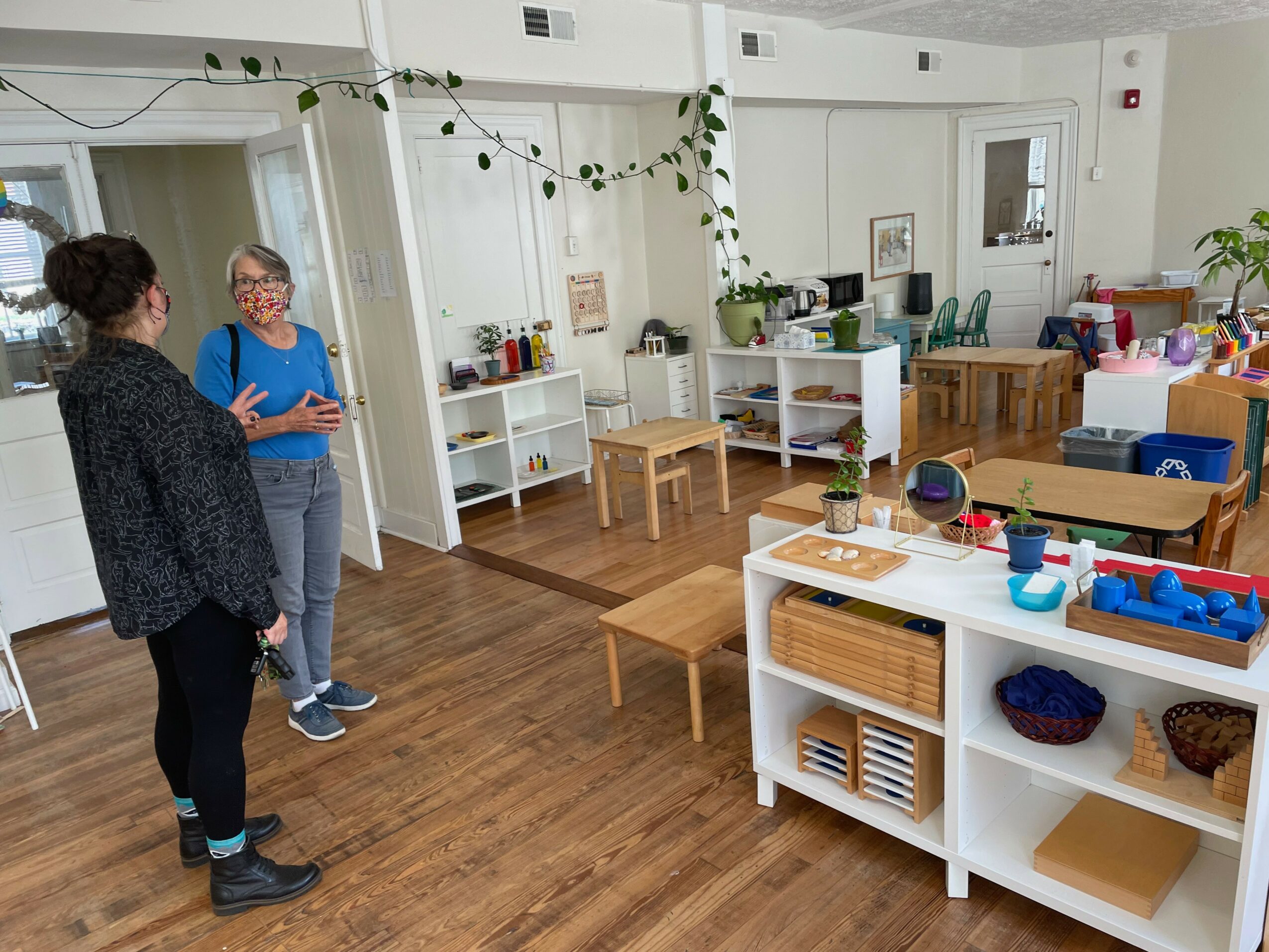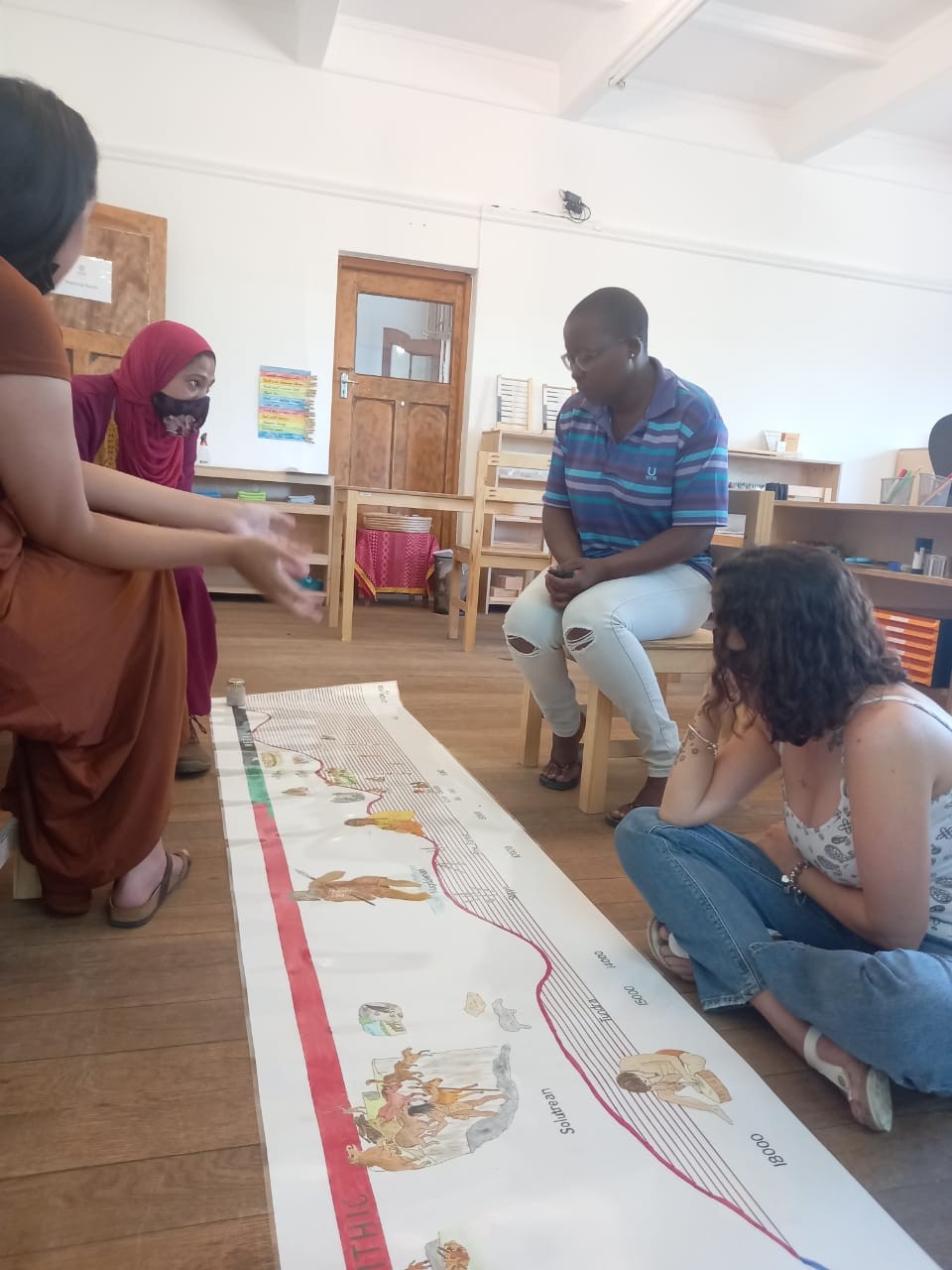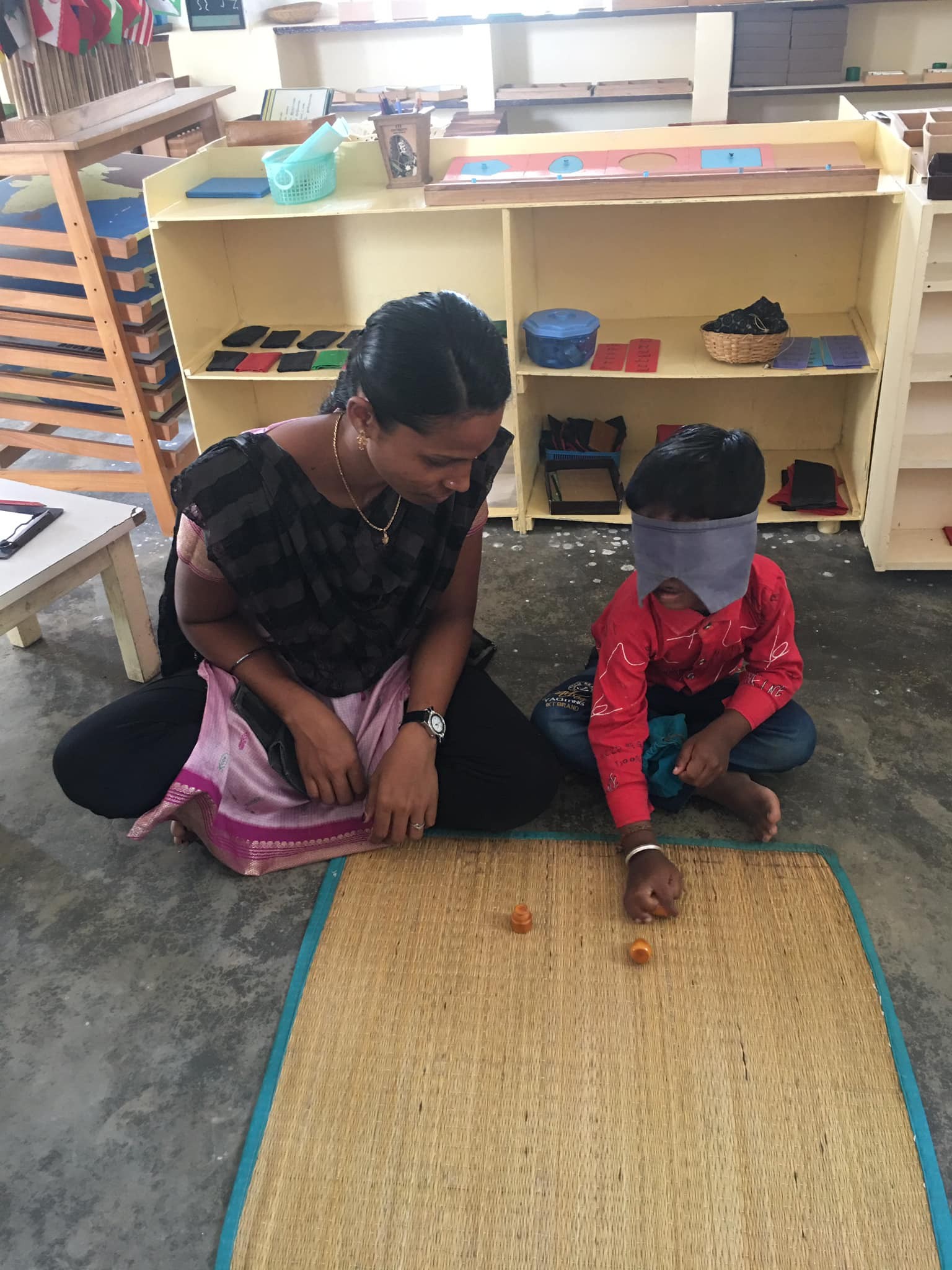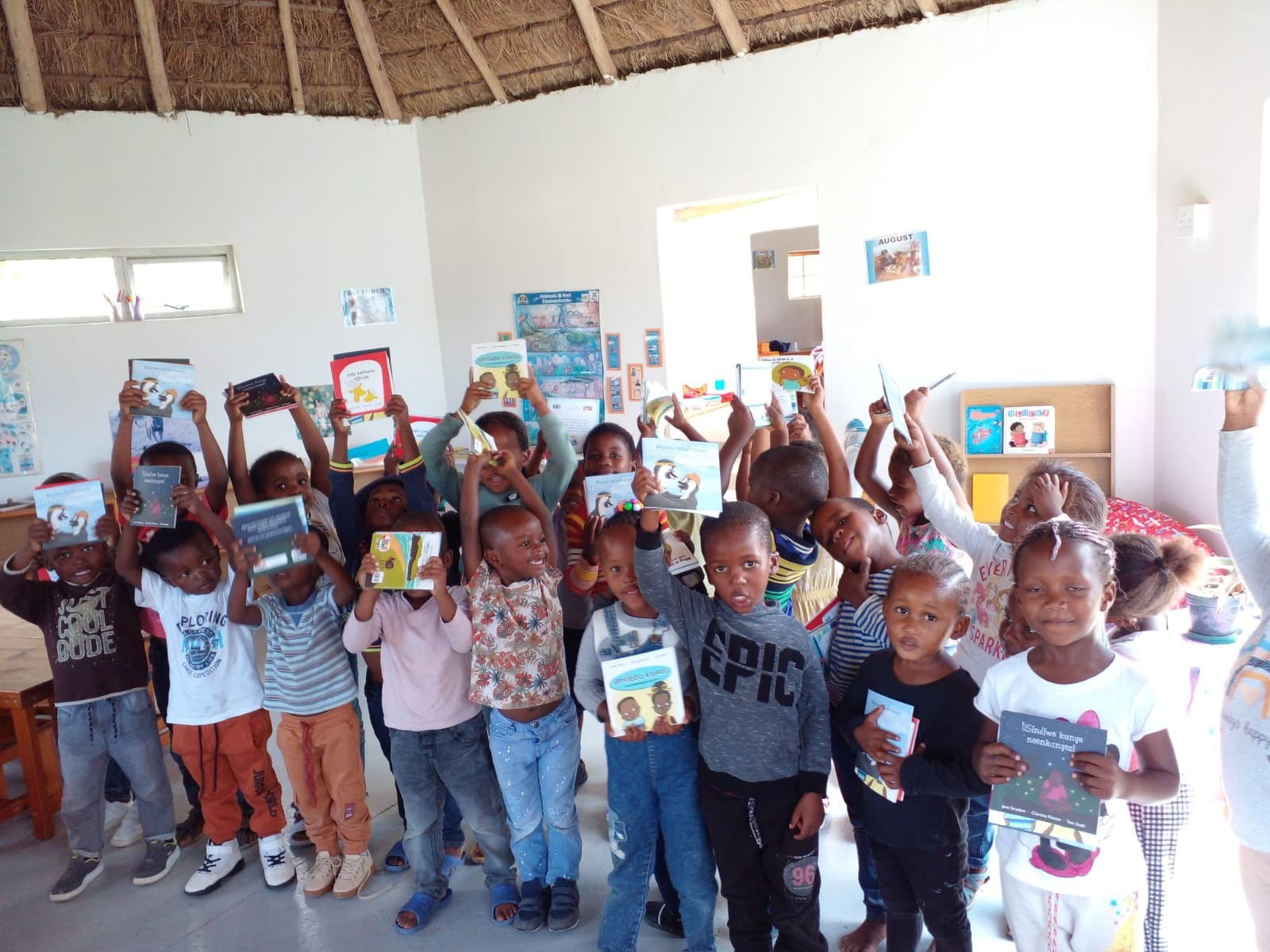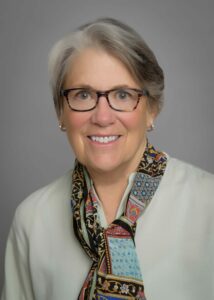
Today we’d like to introduce you to Eleanor Latimer.
Hi Eleanor, thanks for sharing your story with us. To start, maybe you can tell our readers some of your backstories.
I’d retired in the early 2000s but wanted to stay active and do something that I thought would benefit others. For a while, I served on the board of a Dallas agency working with homeless families. During that time, I investigated what might be the best early childhood program for the kiddos in our program. My two sons had attended Alcuin Montessori School, so it was natural that I start with something with which I had some familiarity. Having worked in entrepreneurial endeavors for most of my career, I knew how to research and write business plans. That research took me back to Alcuin and then to Lumin Education and Montessori Institute of North Texas (MINT). Each was striving to bring Montessori education to the larger community, each in its own way.
While the plan to establish a Montessori preschool for the agency never came to fruition, it led me to new opportunities to help others. I joined the board of MINT and the strategic planning committee at Lumin. Through MINT’s Exec. Director at the time, Mary Caroline Parker, I was introduced to a non-profit based in Dallas that was funding grants to Association Montessori International (AMI) out of Amsterdam. It sought to spread Montessori principles across the globe. Association Montessori International of the United States Foundation (AMI/USF) was very small, was not very active in fundraising, but had a mission of expanding the work of Maria Montessori through AMI. I joined that board in about 2015 and traveled to Amsterdam in 2016 and 2017 to meet the AMI people and the AMI-affiliated organizations based all across the globe, from South Africa to Argentina, to China, to India, and to so many other countries. They were all striving to bring Montessori principles to the children in their countries. It was a heady experience and so inspiring. How could AMI/USF help these affiliates?
The AMI/USF board asked me to step up to become the president in late 2017. Starting in January 2018, I took over the role of president and began looking at how AMI/USF could begin serving the children of the world more actively. But because the non-profit hadn’t been very active for several years, it was clear that AMI/USF could use a new name, a web facelift, an update to its accounting system (from checkbook to an online accounting system), new by-laws to reflect we were based in Texas and most of all, it needed a funding opportunity. 2018 was a year for re-organizing, restructuring, and updating AMI/USF. By the end of the year, it was clear to everyone on the board that we needed revised by-laws, to be relocated to Texas, and a new name, a name that people could more easily understand and that reflected our mission, “Freeing the Child’s Infinite Potential.”
Thanks to some wonderful lawyers in Dallas, who worked diligently with us on a pro bono basis, we rewrote our by-laws, moved the corporation from New York State to Texas, changed to a public 501(c)(3) charity from a friend of 501(C)(3) charity and renamed ourselves as Montessori Global Growth Fund (MGGF). It took far longer than any of us, including our lawyers, expected to complete these changes, and the name change still wasn’t recognized by the IRS at the start of 2020. With a new website and so much restructuring completed, we started 2020 on a high note. Now we sought a funding opportunity that would reflect our renewed vigor and drive. I reached out to a number of the AMI affiliates I had met during one of my trips to Amsterdam and to a Montessori conference in South Africa in 2018. A tiny Montessori school in an under-resourced community in Eastern Cape, South Africa, Ncinci’s Montessori School, asked if we could help them build a toileting facility using low-water solar toilets. After some discussion by our board, we decided,” Yes, we could.”
I went to the AMI/USA national meeting being held in February 2020 in Seattle, WA. Armed with some flyers, and an outline of a toilet, I, as the only booth bunny, buttonholed people at my booth to tell them about us and what we were doing and asked them for a donation. Each time donations reached another $500; I substituted a new outline of the toilet, partially filled in green – green for ecologically clean toilets and green for dollars donated. There was a small group of supporters who checked several times a day to see what progress we were making. On the final day, a wonderful donor passed the hat at one of the lecture sessions, and she raised enough to finish funding our first grant. But then the Pandemic struck. No more conferences in which to introduce ourselves, certainly no trip to Amsterdam to meet potential grantees. How were we to raise awareness of ourselves and what we do? We had just a tiny email list. We reached through GoFundMe for fundraising and started email campaigns to build awareness. We were able to make another very small grant to Ncinci’s Montessori School after the South African government shut down the school and the children lost their main daily meal. This time our grant was for food. And we raised enough money to help a de novo school in St. Louis, MO to purchase Montessori materials for its first classroom and to underwrite the tuition, room, and board of a teacher in East Pokot, Africa. Our grants were small but impactful for the recipients. 2021 was as challenging as 2020 with the pandemic shutting down conferences or going virtual, and those were a joke. No one stops at a booth where there asked for money. Nevertheless, we added names to our email list, albeit very slowly. We talked with anyone who would listen and a few whose eyes glazed over. Ever so slowly, we told our story again and again about how a donation of any size would help a child or children living in an under-resourced community gain access to a child-centered education. I bent the ear of too many of my friends, but they were gracious and often generous.
We’re an all-volunteer-run organization and had no paid employees until the start of 2022. All our board members work full time, and I’m the only one who’s retired and thus has more time. I’ve learned so many things taking on the leadership of MGGF, and while sometimes frustrating, I always feel so positive when a grant recipient lets us know how impactful our grant has been. By the end of 2021, we had funded four grants: one tiny grant for Montessori classroom furniture for Westabou Montessori School in Augusta, GA, another grant for teacher training for Community Montessori School in Bisbee, AZ, and a third for teacher training of Mother Earth Montessori School in Gulu, Uganda and a fourth grant for a young woman to continue her training as an elementary Montessori teacher for Zama Montessori Centre in Daveyton, SA. And we had some money in the bank. It was so satisfying at the end of 2021 that we had funded four grants, helping several hundred children from under-resourced communities across the globe to gain access to Montessori education. And grant applicants were finding out about us, and we were receiving more inquiries.
Today, we’re still very small. But ee now has two part-time freelance people helping us. I’m working more than ever before, but we’ve just awarded four grants: one in India, another in Rwanda, a third in The Dominican Republic, and the fourth in Kampala, Uganda. And earlier this year, we were awarded a grant for teacher training and Montessori materials in a rural farming community in far western Tanzania. And because of the War in Ukraine and the terrible disruption it has caused, we asked Montessori elementary and adolescent students to help raise funds through our Children for Change program for relief to the Montessori communities in Ukraine and those surrounding countries that have helped. Four schools from different parts of the US stepped up and raised more than $5,000. It was so heart-warming. These US Montessori students raised funds for children they’ll never meet. They just wanted to help others. I am so excited that we’re growing; people are learning about us, making donations, and applying for grants. I feel that I’m in the right place, and so appreciate everyone who has helped MGGF grow and made these grants possible.
Would you say it’s been a smooth road, and if not, what are some of the biggest challenges you’ve faced along the way?
No, it’s not been a smooth road. I don’t think starting something from almost scratch is ever easy. I know from experience that there are so many challenges that are unanticipated. I had a vague sense about an online accounting system, but oh, did I have lots to learn! Fortunately, someone paid for me to take an introductory course. Nevertheless, I still had to translate for-profit terms to reflect that our organization was a nonprofit. Happily, I found a wonderful new friend who’s an expert in our online system, and she’s straightened out many a mess. I’m still learning. I’d never tried to create a website before, but we were in desperate need of an up-to-date one and we didn’t have any funds to pay someone to design and create one. I was the only one around. So crash course in web design. Oh, could we use some help in this area? Of course, none of us thought we’d be shut down by a Pandemic, and that certainly stopped our in-person fundraising – slam! And we never thought the IRS would take 15 months to accept our new name. Try explaining to someone that your 501(C)(3) approval letter dated October 2010 was from your predecessor organization and that you had a new name in a different state. Ah, no, that doesn’t work so well.
Thanks for sharing that. So, maybe next, you can tell us a bit more about your business?
We’re a non-profit that makes an amazing difference in the lives of children living in under-resourced communities across the globe. We have two tasks: one, to find and vet grant applicants who want funding for school capacity building, for acquiring or creating Montessori classroom materials or furniture, and for Montessori teacher training. And second, to raise the money needed to fulfill these grants. We only focus on Montessori-based initiatives. So long as the not-for-profit grant applicant wants to serve children in its community with a Montessori initiative and the community it serves is under-resourced, we’ll consider their application. We’ll fund efforts anywhere in the world, so long as it’s Montessori-based and so long as it is intended to help the children achieve their full potential. Our vision is to help fulfill Maria Montessori’s vision of world peace, one community at a time.
Is there anything else you’d like to share with our readers?
We offer an opportunity for people to make a difference in the lives of children across the globe. No matter the size of a donation, it will help others. And people can help spread the word by telling others about us. The more who know about us and the more who want to make the world a more peaceful place, the greater the impact we’ll have on fostering peace.
Pricing:
- $25 can feed a classroom of pre-school children for a week
- $50 can purchase raw materials that can be turned into Montessori classroom learning materials
- $250 can provide room and board for a Montessori teacher in training in parts of Africa
- $2000 can cover a significant portion of Montessori teacher training
- $5000 can build an outdoor kitchen for a Montessori school
Contact Info:
- Website: https://www.montessori-mggf.org
- Facebook: montessori-mggf
- Twitter: @FundMontessori
- Youtube: https://www.youtube.com/channel/UC7FK4PTVGQN0JjA8ic2X6VQ/featured
- Other: https://guidestar.org/search
